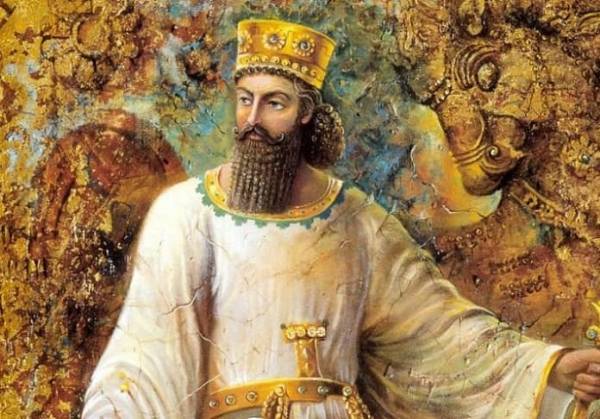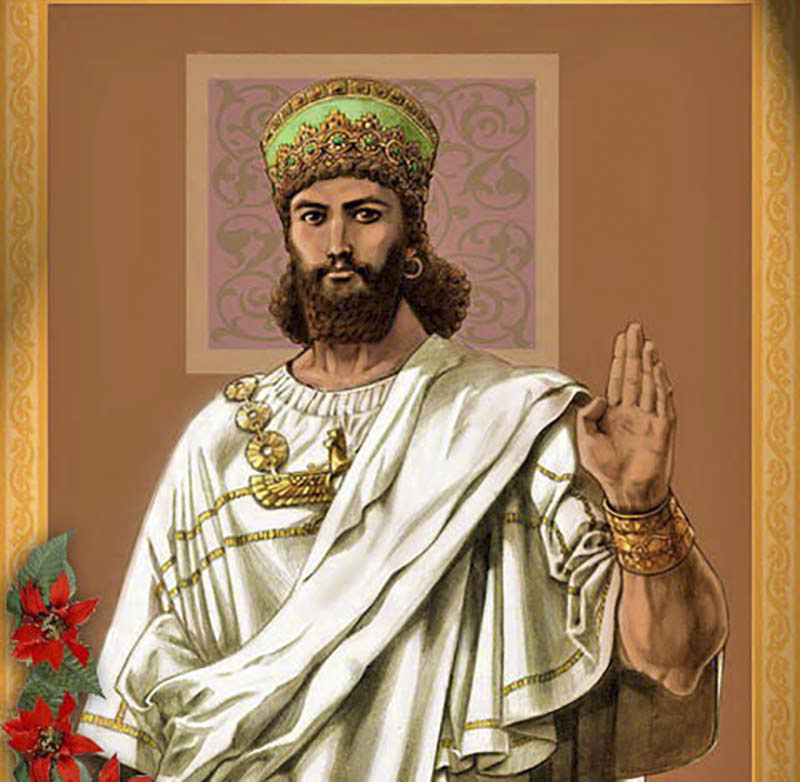Shahrivargan
The ancient celebration of Shahrivargan is considered as one of the twelve ancient celebrations among Zoroastrians, but these celebrations lost their Importance with the advent of Islam in Iran. Fortunately, a few number of Zoroastrian families inhabiting central cities of Iran including Kerman still celebrate Sharivargan.
The history of Shahrivargan
In calendar of ancient Iran, not only months but also days had specific names which started with the name of Ahuramazda as the first day and was followed by the name of angels. Interestingly, when the name of the month coincided with the name of the day, ancient Iranians who were more inclined to happiness celebrated that day. Therefore, they celebrated 12 days annually. The fourth day of each month was named after one important angel called Shahrivar; as a result, the foutrh day in the month of Sharivar (September) was celebrated in honor of that angel as a fire celebration. Fire was a sacred element and of high importance among ancient people because fire put an end to cold and dark life. This fire celebration was held every year when people lighted fire, got together to honor the day, shared their food with the poor, and even went to the king and celebrated with him as well.
The word Sharivar is derived from "Shahryar" which means king or monarchy. In addition, the word shahrivar was attributed to one of Ahuramazda's close angles who was a heavenly ruler in spiritual world and was known as a symbol of virtue on earth who helped the poor, as he was the guardian of all jewels and precious metals including gold and silver on earth
Zoroastrian's father's day
Since Shahrivar angel had some masculine traits, Zoroastrians called shahrivargan "the father's day"; moreover, the second reason why this day was called the father's day was that this day coincided with Darab's birth in Shahnameh, who was probably Cyrus the Great. Darab was a mystical king in Shahnameh, who shared some personality traits with Cyrus the Great, a similarity that prompted some historians to consider them as the same person, a weak assumption that has never been approved by many historians and archeologists. Cyrus has long been honored and respected by Iranians as a venerable king and has been called the father of Iranians; therefore, Cyrus the Great's birthday would be an ideal day for father's day.
Shahrivargan and Prophet Mani
Shahrivargan happened to coincide with Prophet Mani's death. Mani was a peaceful Persian prophet who lived in Sassanid era and had many adherents who firmly believed in him as a prophet, painter, writer, philosopher, and doctor, but he was hanged by the decree of Sassanid mobeds
( high Zoroastrian clerics in Sassanid era) on shahrivar day.

Farmers' celebration day
In ancient time, Iranians celebrated Shahrivargan as a thanksgiving day to Ahuramazda. As they harvested their crops and prepared the land for the coming year's cultivation in late summer, they celebrated to show their gratitude to the blessings given by Ahuramazda. Having mainly an agricultural society, ancient Iranians cared about agriculture and fruitful land, which led them to celebrate this day.
